Girls are future mothers and guardians of future leaders and prominent individuals. This fact has, however, not sunk in many communities, especially in developing countries. Girls across the world have continued to face barriers daily that hinder them from acquiring quality education. These barriers include but are not limited to, poverty, cultural practices, child marriages, poor infrastructure, and violence among families. The United Nations Children’s Fund (UNICEF) reported that over 132 million school-going-age girls are not in school. Girls have remained to be victims of gender inequality, especially in education matters. According to UNICEF, the majority of poor families prefer investing in educating boy child education to a girl child.
In developing countries, especially in Africa, girls have been denied schooling due to misconceptions about gender in education. The value of educating the girl child has been diminished in the African culture leading to girls dropping out of schools and disempowerment. Early marriages have subjected girls to becoming mothers at an early age due to the low value attached to their education.
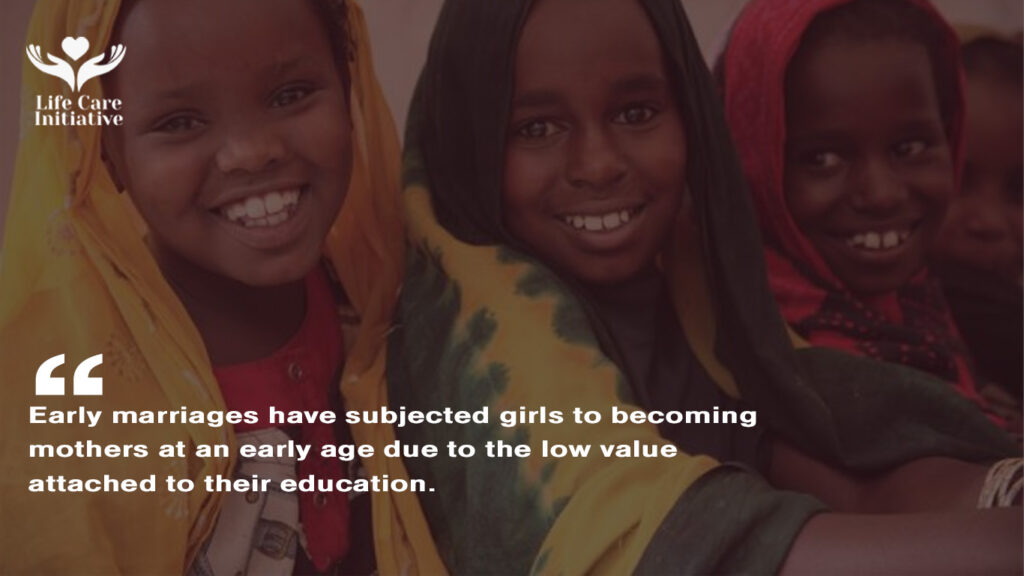
Subjection to violence by their partners affects their children in return and the chain may continue to the next generations. A 2017 report by the World Bank indicates that 41000 girls under the age of 18 get married every day. These figures translate to diminished hope for proper parenting and raising of the future generations. Poverty has greatly contributed to early marriages in Africa where people view girls as a source of wealth from the dowry. This has caused misery in girls’ lives to an extent where some end up lacking the purpose for life and commit suicide.
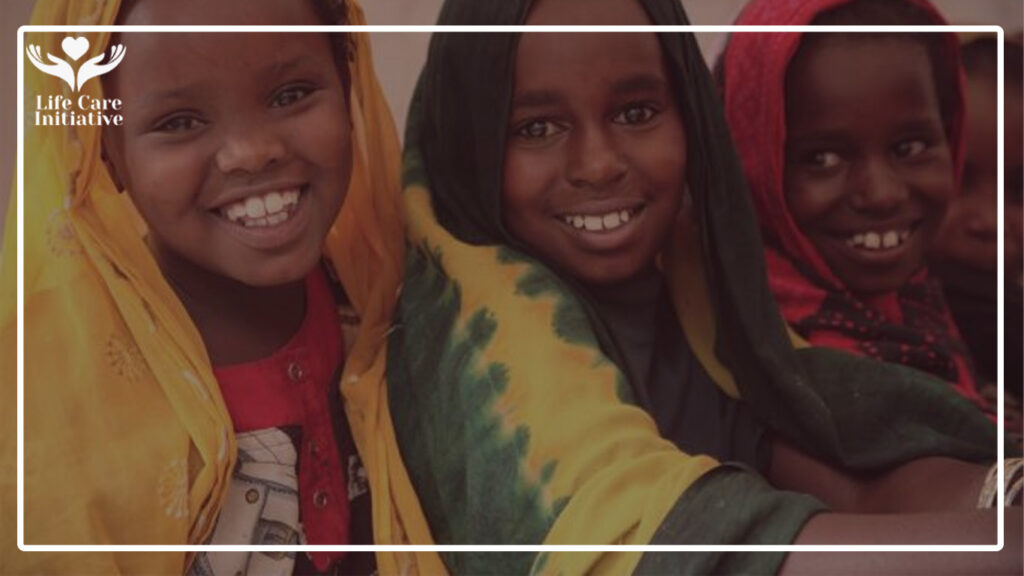
In recent days, many organizations have made efforts to safeguard girls’ future by empowering them through education. International organizations such as UNICEF, The World Bank, and UNESCO have been playing a significant role in empowering girls and advocating for their rights and equality. The Life Care Children & Women Empowerment Initiative (LCCWEI) has been on the front line to empower girls in African countries by paying school fees, offering food aid, and paying bills for their families to sustain them in school. In LCCWEI, we believe that investing in children’s education is a life-long investment that will not only help the child but the community at large. There is more need for sensitizing gender equality and fight the misconceptions related to girls’ values and education in our societies.


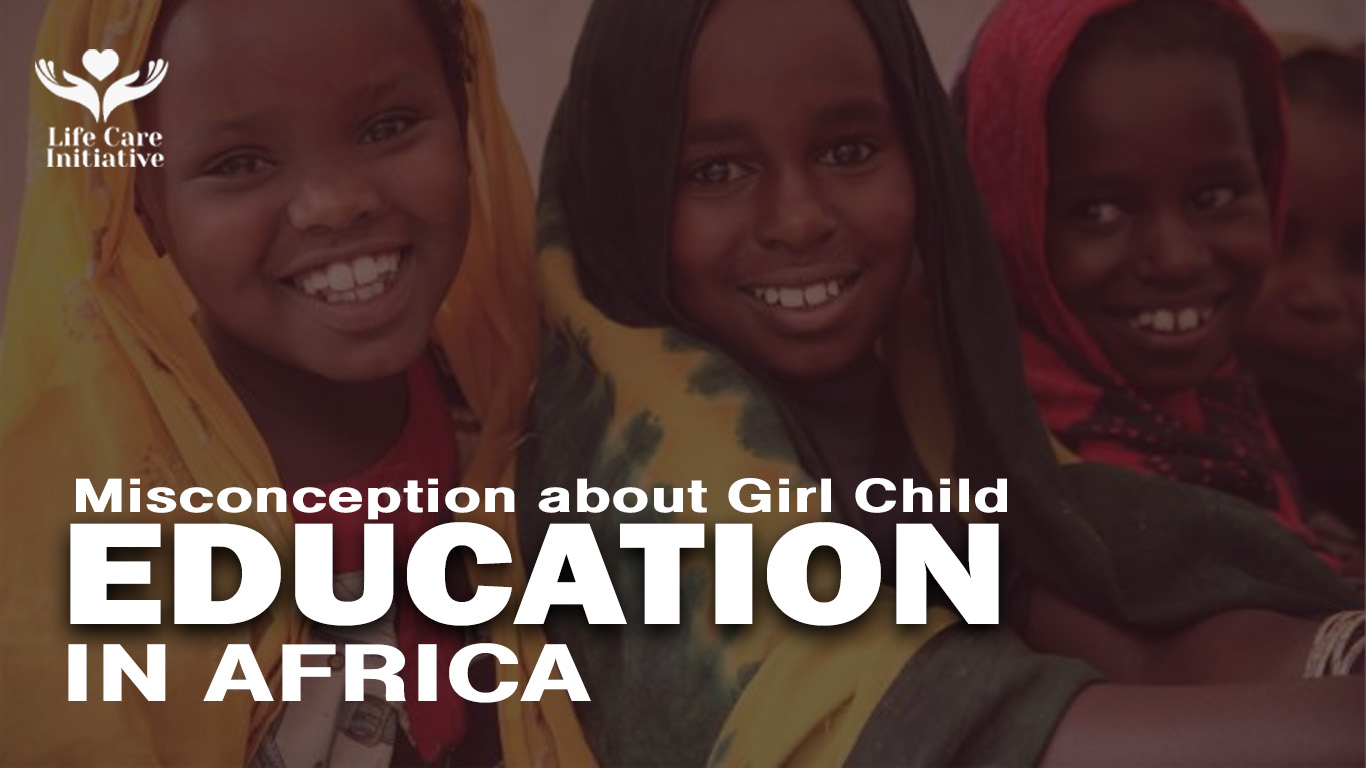

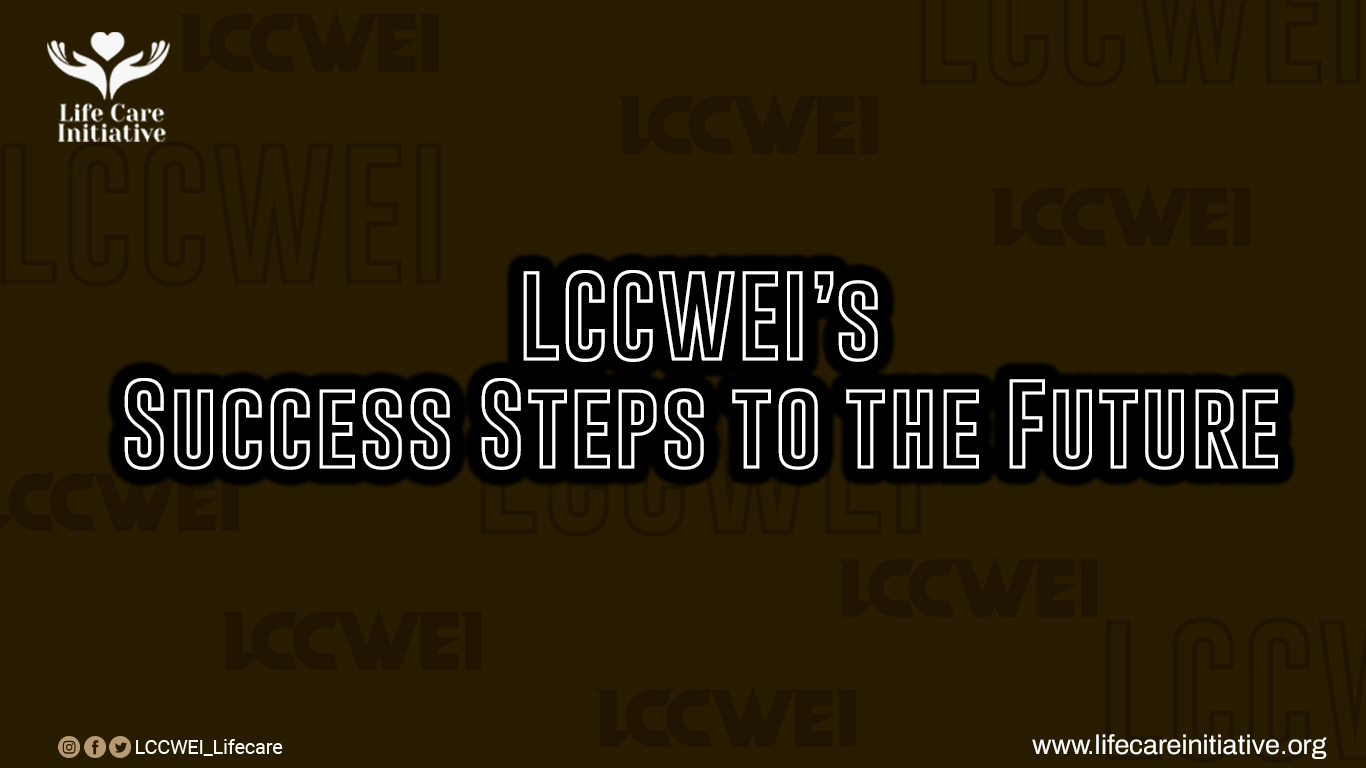
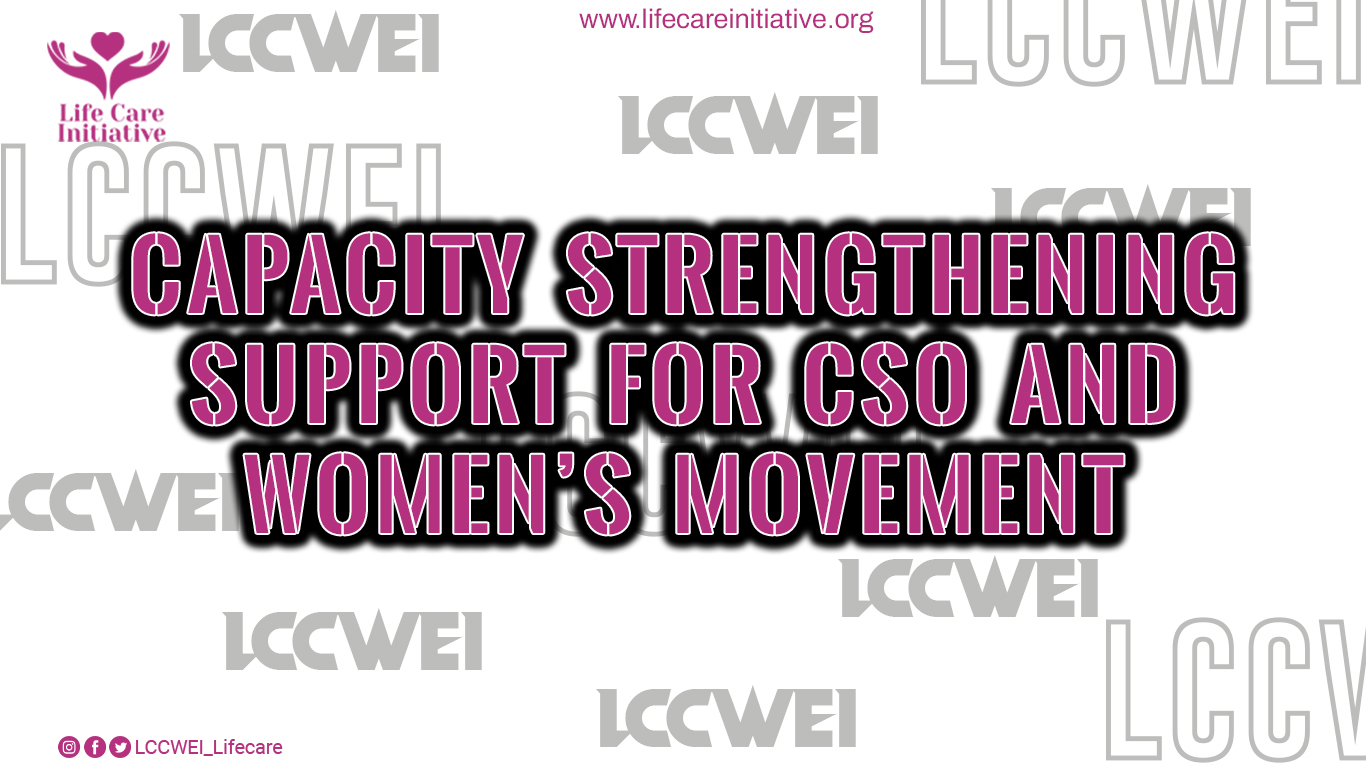
3 Comments
Ucha
Very interesting article. There are so many factors that threatens girls to have access to education. However, poverty is seen as one of the most observed risk factor. Educating girls and less privilege children is of strategic development priority.
Henry
Great article.
Kingsley kalu
This is so instructive, thank you. LIFECARE…